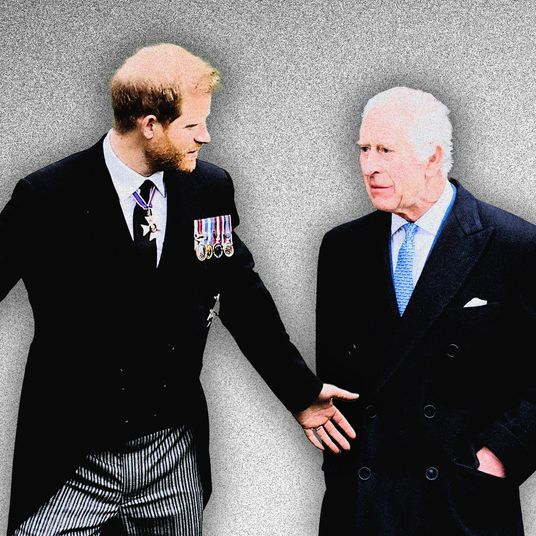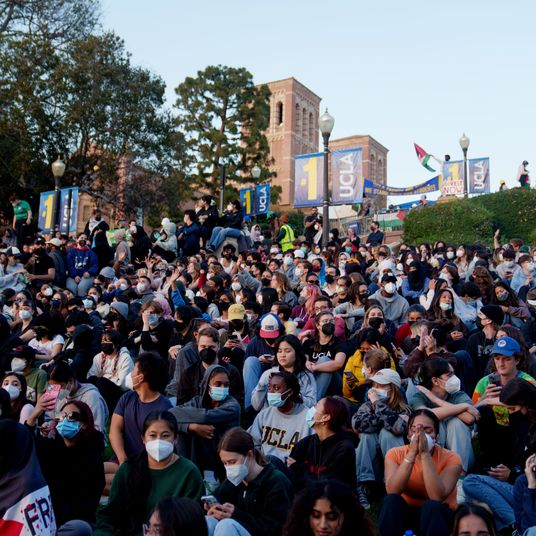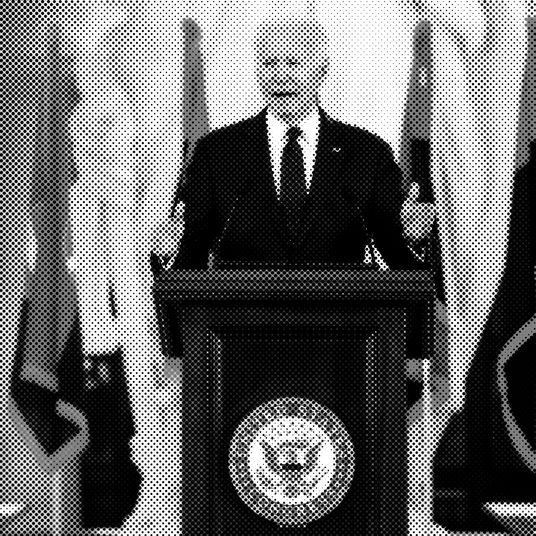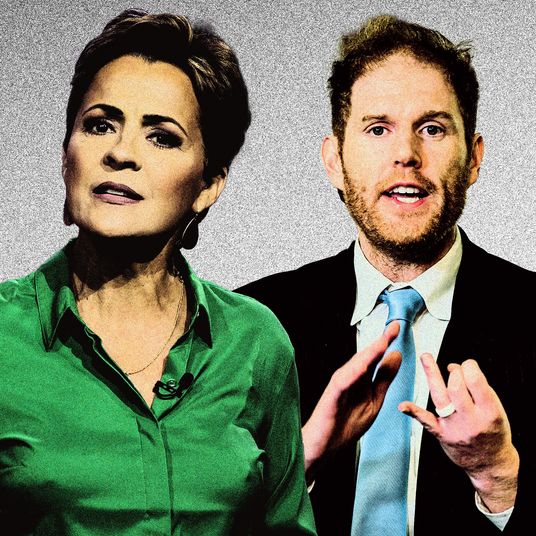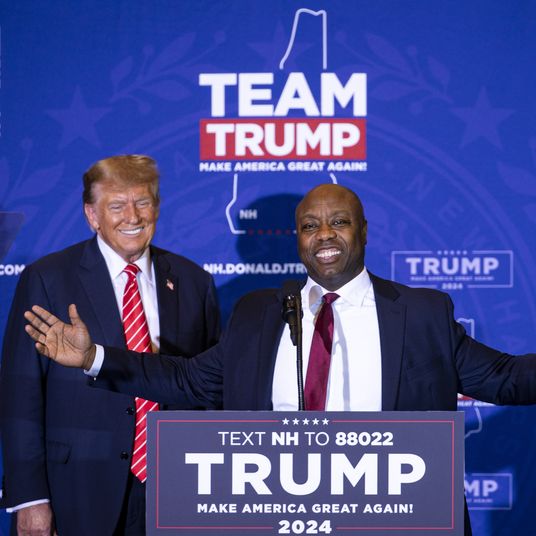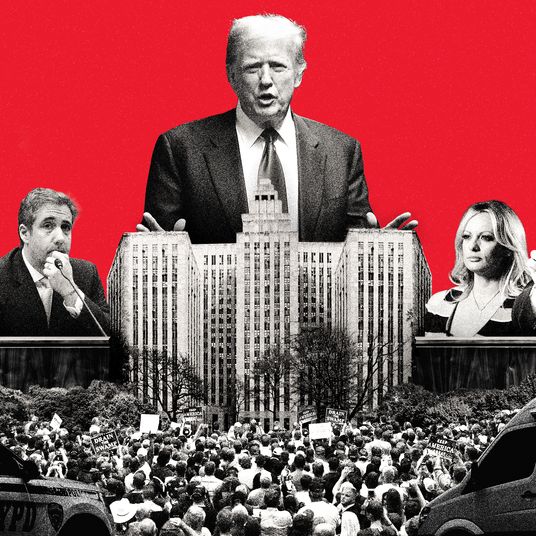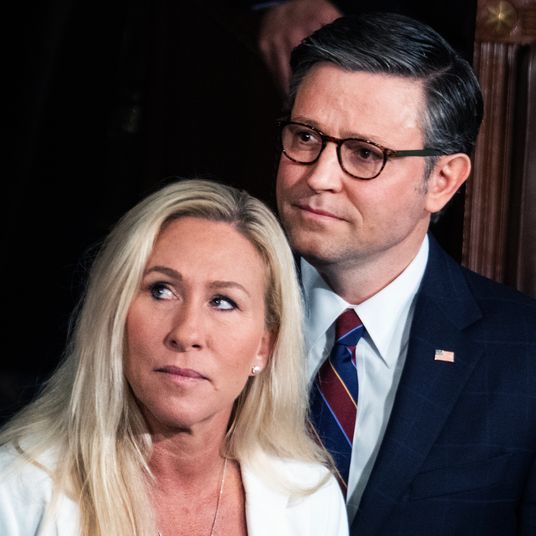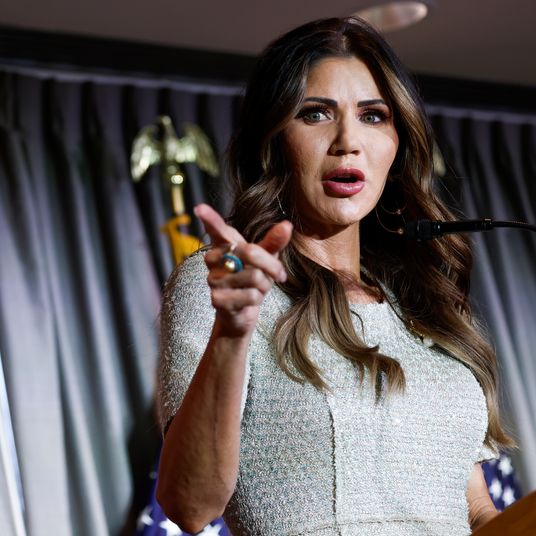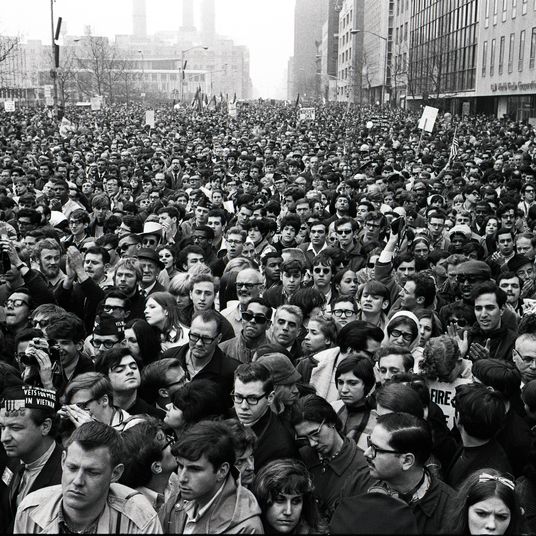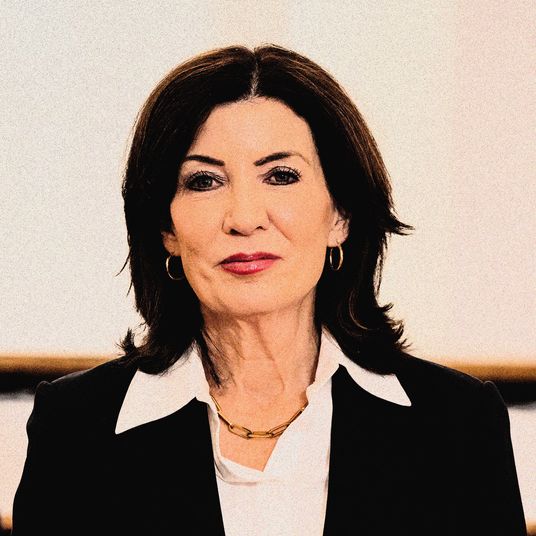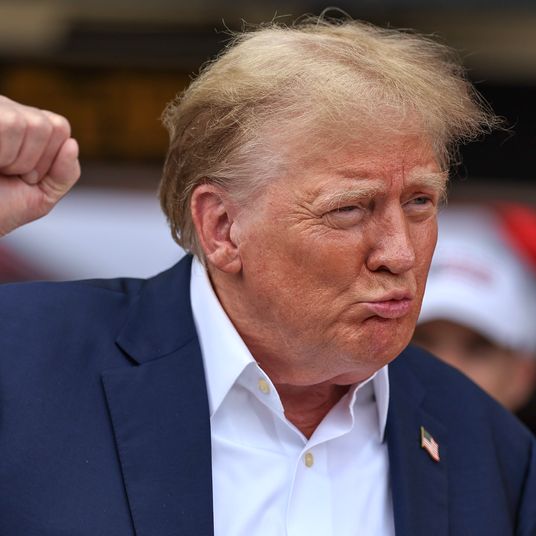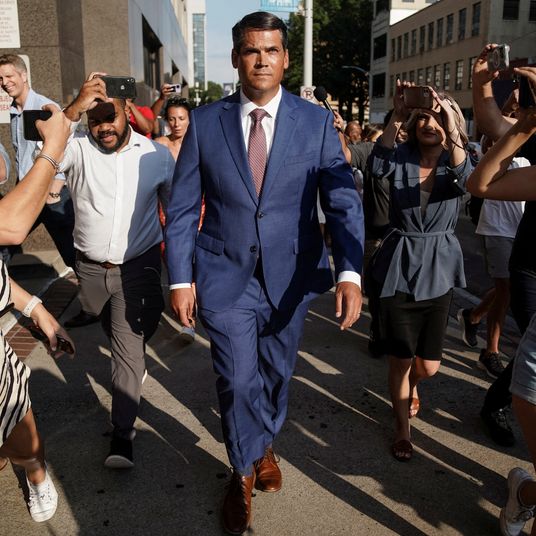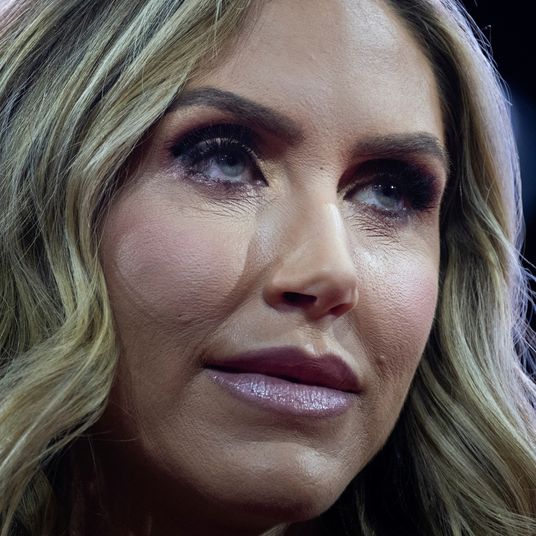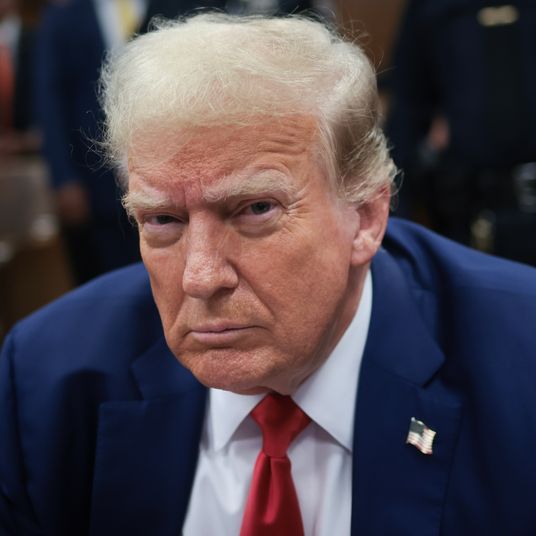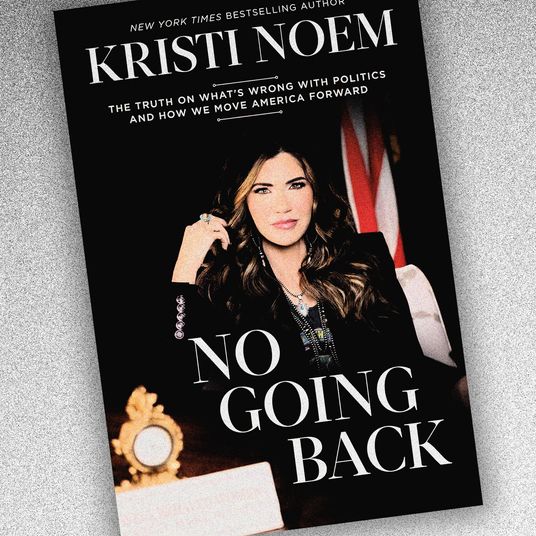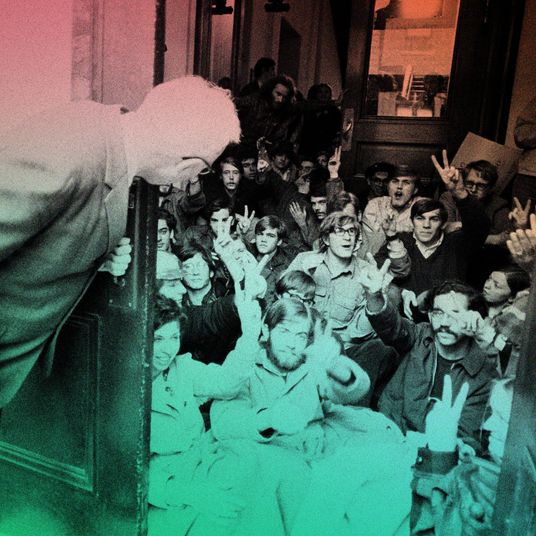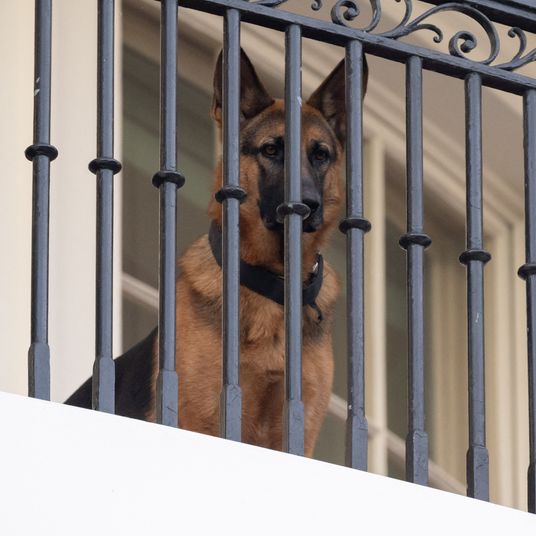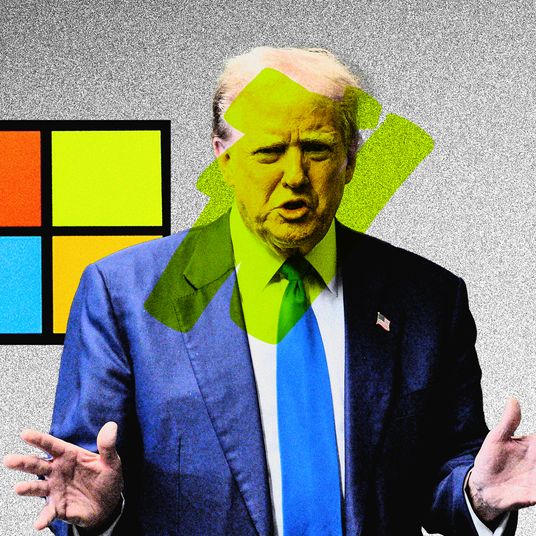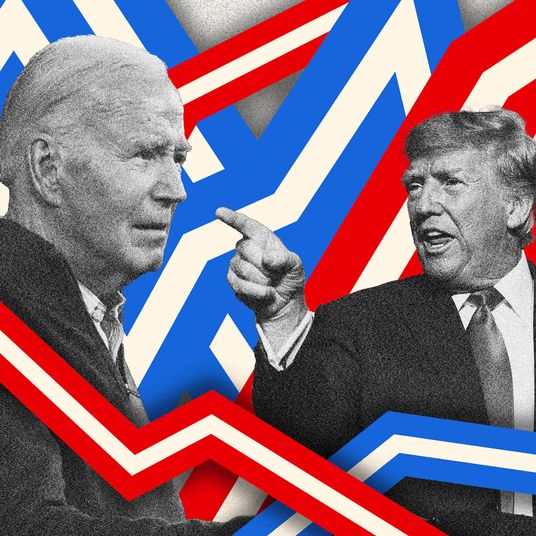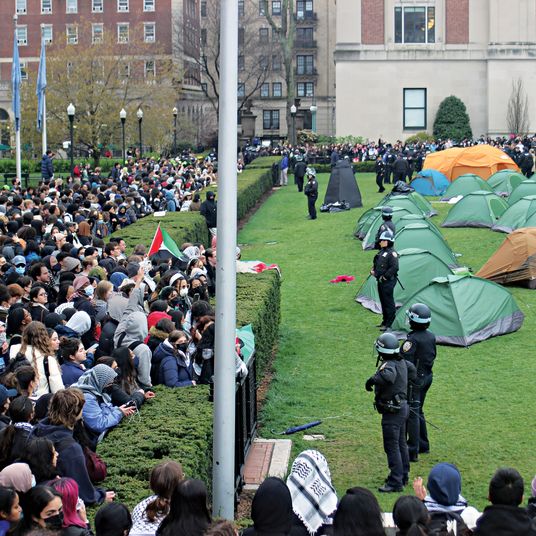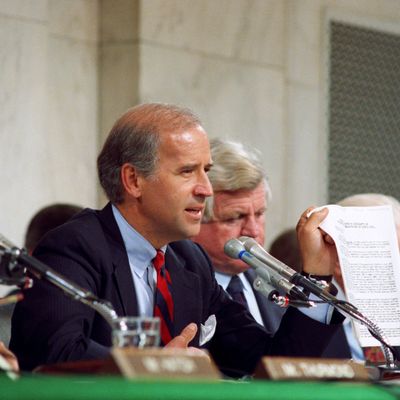
Hours after Joe Biden made his presidential run official last month, Anita Hill’s name was back in the news. Biden, the New York Times reported, called Hill earlier in April to “express his regret” for her treatment during the Clarence Thomas Supreme Court confirmation hearings.
Hill — who accused the judge of sexual harassment and was mocked, jeered, and dismissed by the Senate Judiciary Committee, which Biden chaired — “declined to characterize [Biden’s] words to her as an apology,” according to the Times. She also said she could not support his candidacy.
Nearly three decades after Hill’s blockbuster testimony, it’s clear that Biden’s role in it is still an issue. For those whose memory of the fall of 1991 is hazy (or who weren’t even born yet), here’s a brief refresher on what happened.
How did Anita Hill get involved in the Clarence Thomas confirmation hearings?
She almost didn’t. Thomas’s confirmation hearings were largely unremarkable until NPR’s Nina Totenberg reported that Hill, then a law professor at the University of Oklahoma, had told the FBI that Thomas sexually harassed her. An uproar followed, and Hill was called to testify.
In front of the all-male, all-white Senate Judiciary Committee, Hill claimed that Thomas sexually harassed her in the early ’80s when they worked together at the Education Department and the U.S. Equal Employment Opportunity Commission. She said he repeatedly tried to get her to go on dates with him and made many inappropriate sexual remarks.
“He talked about pornographic materials depicting individuals with large penises or large breasts, involved in various sex acts,” she said. “On several occasions, Thomas told me graphically of his own sexual prowess.” In another incident, Hill said Thomas cracked a joke to her about finding a “pubic hair on my Coke.”
In his own testimony, Thomas would deny everything Hill said: “From my standpoint, as a black American, as far as I’m concerned, it is a high-tech lynching for uppity blacks who in any way deign to think for themselves, to do for themselves, to have different ideas.”
What did Biden do during the hearings?
As chairman of the Senate Judiciary Committee at the time, it fell on Biden to preside over the hearings. Critics of his performance tend to hone in on three things.
First, he did little to stop members of the committee from attacking Hill. The Republicans were the most relentless. Arlen Specter asked her why she didn’t report the behavior to HR and said that discussing “large breasts” at work was common. Howell Heflin asked if she was a “scorned woman” and if she had “militant attitude relative to the area of civil rights” or a “martyr complex.” Charles Grassley accused her of lifting the pubic hair story from The Exorcist.
Second, Biden failed to call additional witnesses who could have corroborated Hill’s testimony. One of those women, Angela Wright Shannon, told Roll Call in 2016 that it was probably a good thing that she didn’t testify. “I don’t think I could have maintained the grace and dignity of Anita Hill,” she said. Hill, in 2014, said Biden declining to put the other witnesses in front of the committee was “a disservice to me” and “a disservice more importantly, to the public,” as allowing those women to testify would have “helped the public to understand sexual harassment. He failed to do that.”
Lastly, Biden’s critics say that his own questioning of Hill was unfair, blaming him for “setting an accusing, skeptical tone and losing control,” the Washington Post reports. Charles Ogletree, a Harvard law professor and Hill’s attorney at the time, told Politico he still blames Biden for mishandling the hearing:
“I was shocked and dismayed that Joe Biden was asking questions that didn’t seem appropriate and was not in her corner as a Democrat,” Ogletree said. “The point is that he’s supposed to be neutral, but his questions to Anita Hill were as piercing as anyone’s.”
Ogletree said he’s brought up the hearings with Biden in the years since, but hasn’t been satisfied with the response. “He’s said that this job was to control the hearing, that he was surprised by the result as well,” Ogletree said.
Has Biden apologized?
Whether or not Biden had offered an adequate apology became a contentious issue as he launched his 2020 campaign. Over the years, Biden tiptoed up to an apology, but hadn’t fully committed. Hill’s family even jokes about it, she told Elle last year. “It’s become sort of a running joke in the household when someone rings the doorbell and we’re not expecting company,” she said. “‘Oh,’ we say, ‘is that Joe Biden coming to apologize?’”
Even in recent months, Biden downplayed his role in what happened to her. “To this day, I regret I couldn’t give her the kind of hearing she deserved,” Biden said earlier this year. “I wish I could have done something.”
Though Biden reached out to Hill in recent weeks, she told the Times the call left her unsatisfied. “I cannot be satisfied by simply saying, ‘I’m sorry for what happened to you,’” she said. “I will be satisfied when I know there is real change and real accountability and real purpose.”
On The View last month, Joy Behar pushed Biden to personally apologize for his own role in the hearings. He pushed back. “If you go back and look at what I said and didn’t say, I don’t think I treated her badly,” he said.
In an interview with Good Morning America, Biden said he takes “responsibility” for Hill’s treatment during the hearing, and suggested he’s already apologized.
“I believed her from the very beginning, but I was chairman. She did not get a fair hearing. She did not get treated well. That’s my responsibility,” Biden told GMA. “As the committee chairman, I take responsibility that she did not get treated well. I take responsibility for that.”
“I apologized for it,” Biden continued. “I apologize again because, look, here’s the deal. She just did not get treated fair across the board. The system did not work.”
One possible reason why Biden was hesitant to say he’s sorry? It seems the idea was that if he started, he wouldn’t ever be able to stop.
The Biden camp seems eager to put this episode behind the candidate. That became most explicit on May 7, when Dr. Jill Biden told NPR, “It’s time to move on.”
“He voted against Clarence Thomas,” the former Second Lady said. “And as he has said, he’s called Anita Hill, they’ve talked, they’ve spoken, and he said, he feels badly. He apologized for the way the hearings were run. And so now it’s kind of — it’s time to move on.”
What are other candidates saying?
So far, the 2020 Democratic primary has been fairly positive. Biden’s entrance into the race might change that.
Shortly after he announced, two of Biden’s many competitors commented on the Hill story. Senator Amy Klobuchar said on Meet the Press that Hill’s testimony and the subsequent controversy over how she was treated “motivated me to get involved in politics.” She didn’t say much about Biden’s role other than noting that he will have to “continue to address this issue” over the course of the campaign.
Massachusetts congressman Seth Moulton, a new entrant into the race, was more direct in his criticism of Biden. “I think she was treated terribly,” he said of Hill Sunday, according to Politico. “Joe Biden is a mentor and a friend of mine; he’s a great American. Everybody makes mistakes — I do think that was a mistake, though, and I do think he should apologize.”
This post was updated to include Biden’s remarks to Good Morning America.





